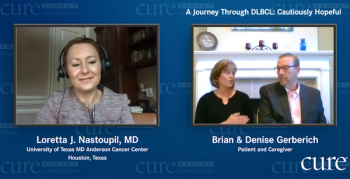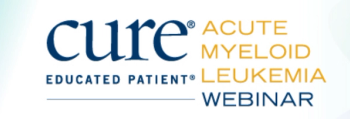
Watch our Acute Myeloid Leukemia Webinar where an expert panel discussed topics highly relevant to patients, caregivers and advocates right now.

Watch our Acute Myeloid Leukemia Webinar where an expert panel discussed topics highly relevant to patients, caregivers and advocates right now.

Watch our Myeloproliferative Neoplasms Webinar where an expert panel discussed topics highly relevant to patients, caregivers and advocates right now.
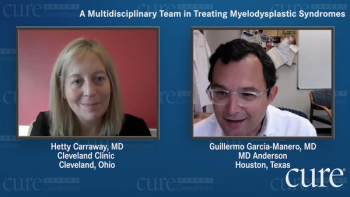
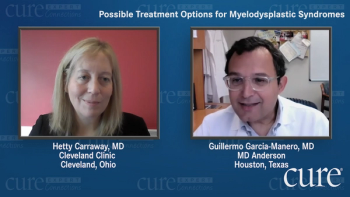
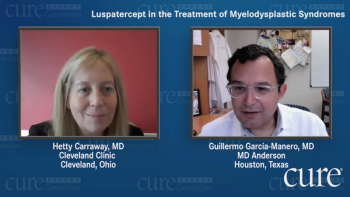
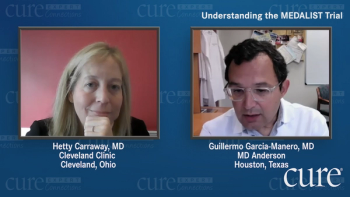
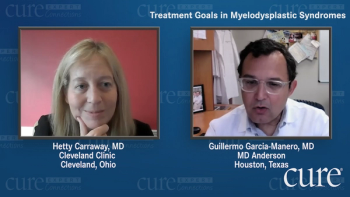
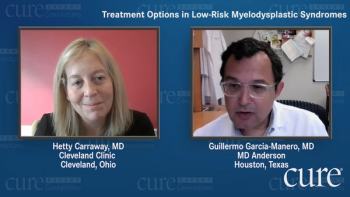
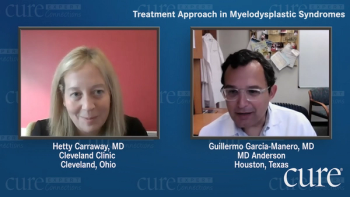
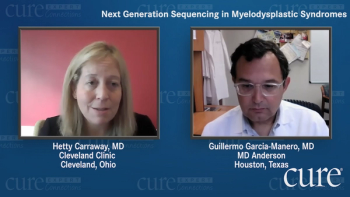
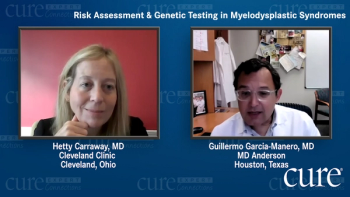
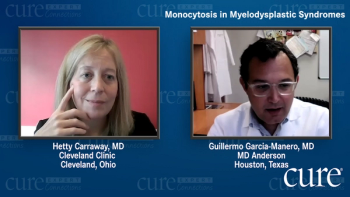
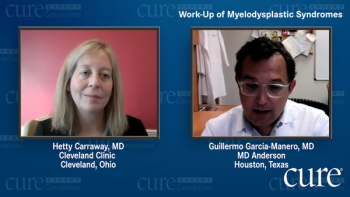
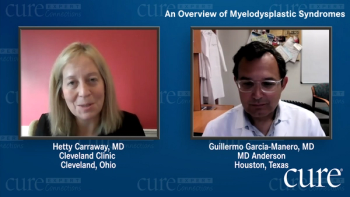
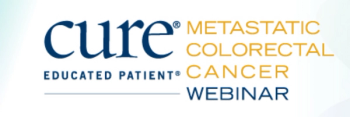
Watch our metastatic colorectal cancer webinar where an expert panel discussed topics highly relevant to nurses as they care for patients and provide support to caregivers.
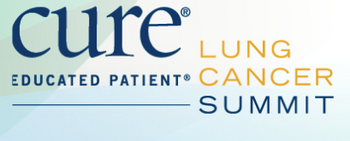
View all three sessions of the CURE Educated Patient Lung Cancer Summit here!

Street artist James Cochran gives CURE® an inside look at his newest project: a piece of art he created by applying 50,000 small dots of paint to a canvas using a lab pipette. It will be displayed in the Institute of Cancer Research’s Centre for Cancer Drug Discovery as a symbol of the creativity and commitment of the scientists who work every day to eradicate cancer.
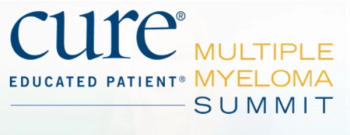
View the full CURE®Educated Patient® Multiple Myeloma Summit here!
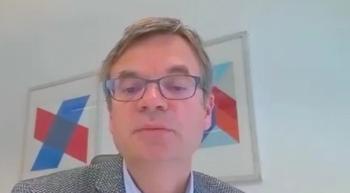
In an interview with CURE®, a Waldenstrom’s macroglobulinemia expert discusses the long-term benefits of the targeted combination of Imbruvica and Rituxan.

Imbruvica treatment in patients with chronic lymphocytic leukemia whose disease expressed a certain mutation elicited sustained efficacy over a median follow-up of four years, according to data from a long-term analysis.
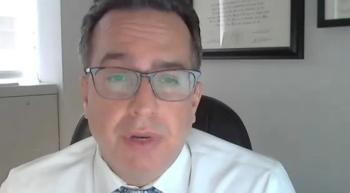
In an interview with CURE®, lead study investigator Dr. John Mascarenhas discusses what the results of the phase 2 IMbark study could mean for the future of patients with myelofibrosis.

Watch our first colorectal cancer webinar where an expert panel discussed topics highly relevant to patients, caregivers and advocates.

Watch the entire MPN Heroes program here!
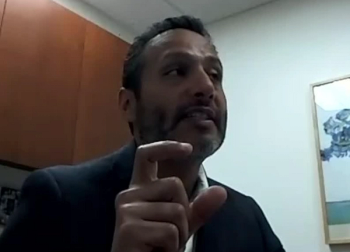
The research process for pancreatic cancer is long and difficult, but a new method of clinical trials is looking to adapt to a growing field and find ways to speed up research without losing efficiency.
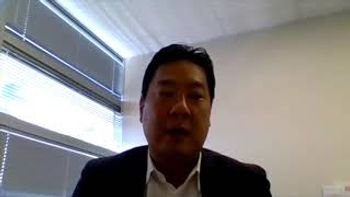
While the current field of prostate cancer research is experiencing an era of “warp speed developments,” perhaps the most exciting option on the horizon is theranostics, according to Dr. Phillip J. Koo.
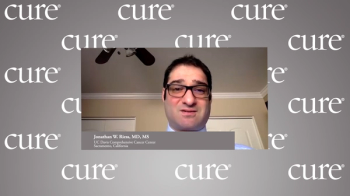
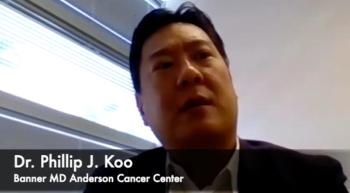
Often, patients with cancer will come into contact with only a handful of members of their care team: a primary care physician or oncologist, perhaps a nurse or two. But as Dr. Phillip J. Koo explained, it helps to view the cancer care team – including those who a patient may never see – with a wider lens.
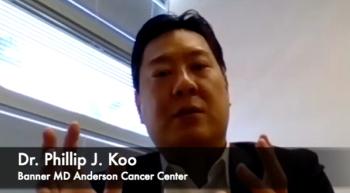
The field of theranostics is growing, and its impact could change the future of prostate cancer treatment. CURE® discusses this potential with a theranostics expert.
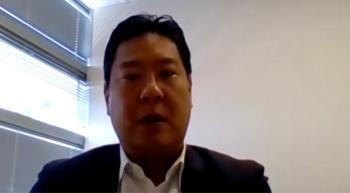
Theranostics, or the method of using one radioactive drug to diagnose a malignancy and a second radioactive drug to treat that cancer, is gaining in popularity in the treatment of prostate cancer.
